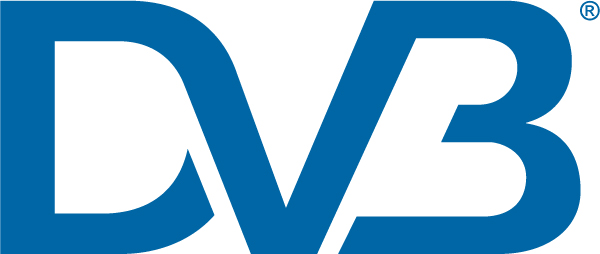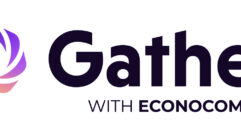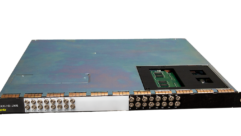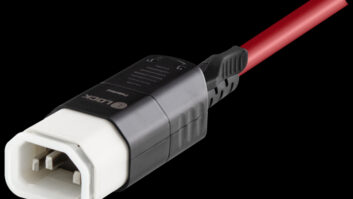
Visit DVB at IBC2019, Stand 1.B71
GENEVA — 10 July 2019 — DVB, an industry consortium that develops open interoperable technical specifications for the delivery of digital media and broadcast services, today announced a new revision to its specification for the use of video and audio coding in broadcast and broadband applications to include solutions for HDR Dynamic Mapping (DM). The solutions allow a receiver, such as a TV set, to adapt a High Dynamic Range video signal to the characteristics of the display. The revised specification was approved by the DVB Steering Board in Geneva on 3 July 2019.
ETSI TS 101 154 is one of the core DVB specifications. It sets out how video and audio coding are to be used in satellite, cable, and terrestrial broadcasting systems, as well as in broadband delivery. The addition of HDR DM provides content creators and device manufacturers with a means of adapting video content so that it replicates as closely as possible the intended appearance, as produced in a reference viewing environment.
“DVB has provided the industry with the specifications needed to deploy UHD services with confidence,” said Peter MacAvock, chair of DVB. “HDR Dynamic Mapping is an important element of the ecosystem, helping broadcasters and other content providers to ensure their video looks as good as it possibly can on a given display.”
Three HDR DM Systems
DVB’s audiovisual coding specification includes two means of providing HDR video content, namely Hybrid Log Gamma (HLG10) and the 10-bit variant of Perceptual Quantizer (PQ-10). DM applies only to the latter.
There is significant potential benefit in being able to “map” the HDR, as graded using a reference monitor, to the lower-performance TV sets typical of the consumer environment. DM facilitates this functionality by way of Dynamic Mapping Information (DMI) inserted into the HDR video bitstream.
Three solutions for HDR DM have been included in the new version of TS 101 154:
• SMPTE ST 2094-10 – Dynamic Metadata for Color Volume Transform — Application #1
• ETSI TS 103 433-2 (SL-HDR2) – High-Performance Single-Layer High Dynamic Range (HDR) System for use in Consumer Electronics devices; Part 2: Enhancements for Perceptual Quantization (PQ) transfer function based High Dynamic Range (HDR) Systems
• SMPTE ST 2094-40 – Dynamic Metadata for Color Volume Transform — Application #4
The revised specification has been published as DVB BlueBook A001 and will be forwarded to ETSI for publication as TS 101 154 V2.6.1. DVB’s specifications for Service Information (DVB-SI) and Dynamic Adaptive Streaming over HTTP (DVB-DASH) have also been revised to support HDR DM. The changes will be reflected in the respective ETSI standards in due course.
Following approval of the specification, the DVB Technical Module working group on audio and video coding (TM-AVC) will proceed with verification and validation activities to aid implementation of the new solutions.
Company Overview:
DVB is an industry-led consortium of broadcasters, manufacturers, network operators, software developers, regulators and others from around the world committed to designing open interoperable technical specifications for the global delivery of digital media and broadcast services. DVB specifications cover all aspects of digital television from transmission through interfacing, conditional access and interactivity for digital video, audio and data. DVB dominates the digital broadcasting environment with thousands of broadcast services around the world using DVB specifications. There are hundreds of manufacturers offering DVB compliant equipment. To date there are over a billion DVB receivers shipped worldwide.
Further information about DVB can be found at: www.dvb.org, www.dvbservices.com and www.dvbworld.org.
DVB and DVB sub-brands are registered trademarks.
Link to Word Doc: www.202comms.com/DVB/190710DVB.docx
All trademarks appearing herein are the property of their respective owners.










